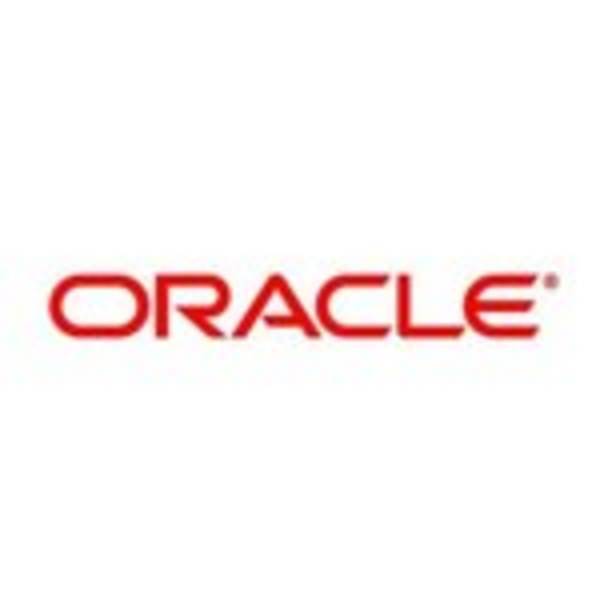It will amount to being publicly shamed, and although Oracle gave SAP an escape hatch, it purposely made that hatch too small to crawl though. In a deal announced yesterday, SAP is likely to plead guilty on behalf of its former customer support unit, TomorrowNow (TN), on charges that it stole Oracle’s intellectual property in an effort to support Oracle customers who were also TN clients.

The fresh set of charges was, according to multiple press sources, filed in U.S. District Court in San Francisco yesterday. (A copy of the filing was not yet available at press time.) The sole defendant in this new set of charges is TomorrowNow, shifting the shame over to the SAP subsidiary, although it will still be SAP that is liable for damages.
The agreement will probably include a settlement of the civil case against SAP, for which a jury already found SAP liable for a colossal $1.3 billion. Last week, the judge in that case tossed out that award as unjustifiably high, and held out the offer that the award could be pared down to a reasonably huge $272 million if SAP were willing to agree to a settlement – which apparently it did.
This is the endgame of an arduous battle whose collateral damage spread throughout the services industry. Although it’s clear that TN staffers (during the time TN was not owned by SAP) hacked into Oracle’s servers to find the information and software they needed to service customers, the lesson here was not, “Don’t steal from your competitor to serve your competitor’s customers.” Instead, it was that companies make customer service scarce for a reason.
In 2005, prior to the acquisition, companies like TN saw the opportunity to develop platforms around customer service – platforms necessitated by the scarcity of support provided by the software’s own manufacturers. PeopleSoft human resources management and J.D. Edwards enterprise resource planning software were both produced by Oracle. If enterprises were willing to pay for customer service, and Oracle was unwilling to tap into that goldmine, why not create a platform that fills that gap and addresses customer needs?
The problem that TN may not have foreseen at the outset was that one of those customer needs was for software patches – updates that Oracle evidently had on hand, but were holding for release on its own schedule. It’s not that Oracle was withholding necessary updates, but that it wanted to release them in a timely fashion. Having someone else breach the firewalls and release them before it does, disrupted that agenda.
And now we know that the agenda a business assembles to release support patches for its own products, is officially just as much intellectual property as the patches themselves. Although probably no one intends to follow TN’s footsteps and break into a competitor’s servers, everyone today is less likely than before to explore legitimate means of establishing customer service platforms that encompass competitors’ products. And that will leave customers as poorly served today as they were in 2005.

















